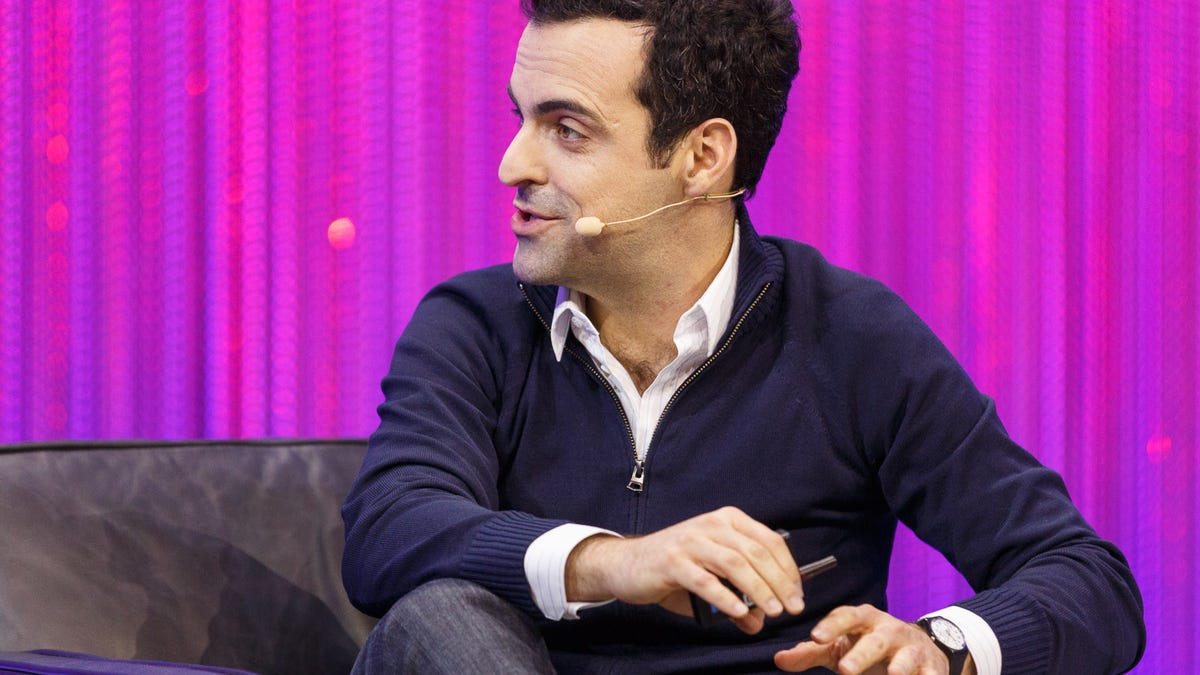Hugo Barra's challenge: Grow a Chinese phone maker beyond China
Google's former head of Android product management now is in charge of bringing Android smartphone upstart Xiaomi to new markets. First stop: southeast Asia.

PARIS -- Selling 18 million phones this year may sound like a success, and for Chinese phone maker Xiaomi, it's better than the 7 million Android smartphones it sold last year. But it's not enough.
In China, consumers doubled smartphone ownership in the last year to about 500 million total -- including 340 million Android phones and 140 million iPhones. To find growth in a very crowded market, the company a few months back hired Hugo Barra, Google's former director of Android product development.
"I'm joining the team to help us go outside China," he said at the LeWeb conference here, Barra's first public appearance since his departure from Google. "I'm trying to find markets and get to them as quickly as possible."
He's now running part of a business, not just working in product management. First on his list for expansion is southeast Asia, which is close and logistically easier for a Chinese company, he said.
Xiaomi has about 4,000 employees, and Barra described it as a sort of cross between Apple and Google. For software -- the company customizes Android and runs its own app store -- Xiaomi has "small scrappy teams. You move as fast as you can." For hardware, the company designs its own phones but, like Apple, relies on outside manufacturing partners when it's time to build them.
"Apple's supply chain management is the best there is. We're doing very similar things," Barra said.
He described China's mobile market as fast-moving and dominated by Chinese-native apps like Weibo, QQ, Alipay, and Wechat.
"Every person I know is on Wechat. We don't use phone, instant messaging, or text messaging," he said. "It's refreshing when your entire social life is on one platform."

